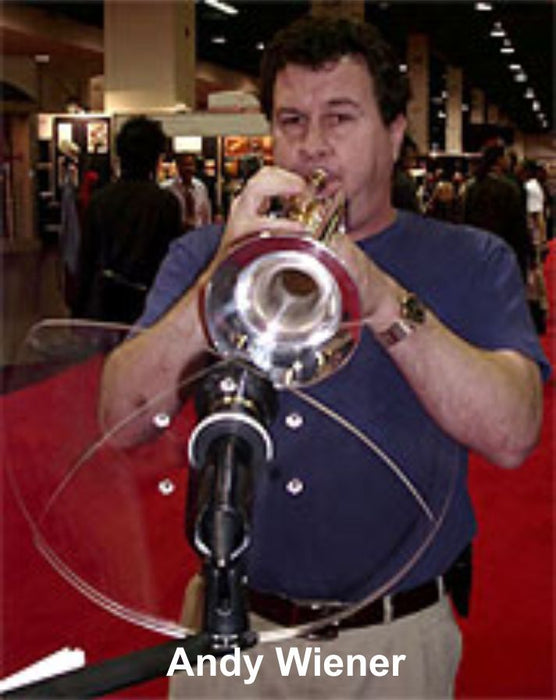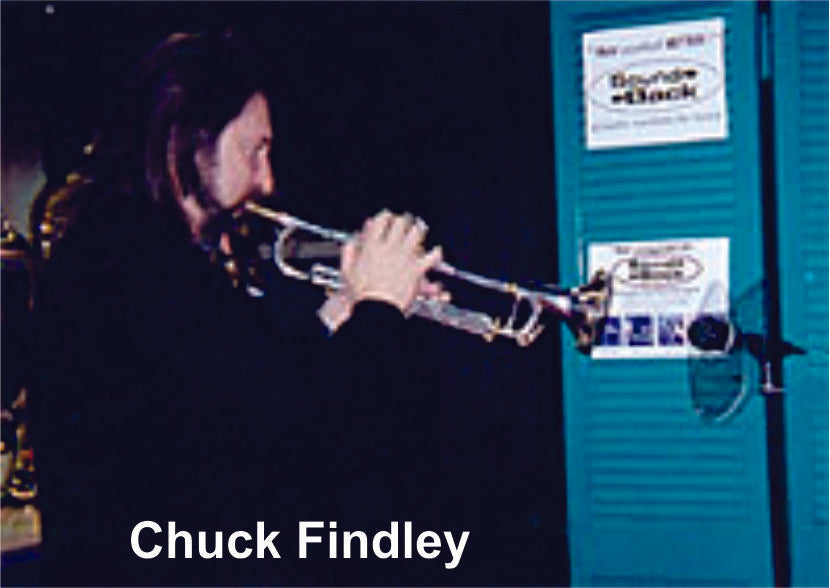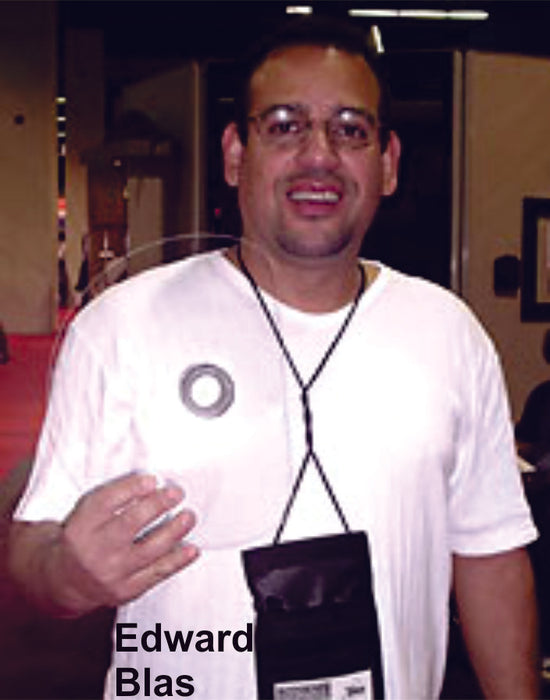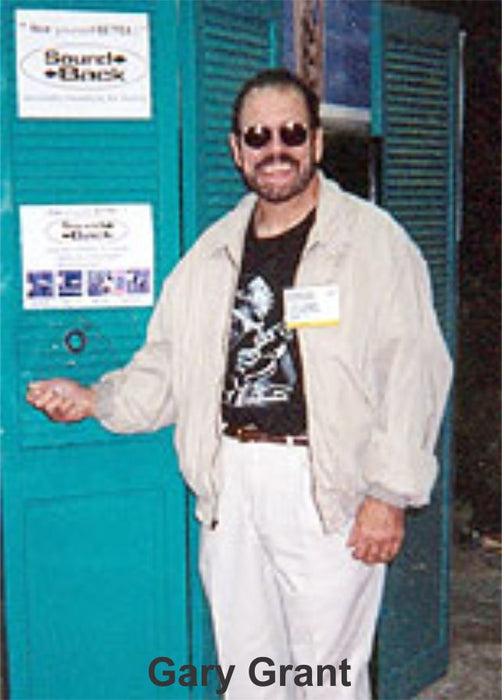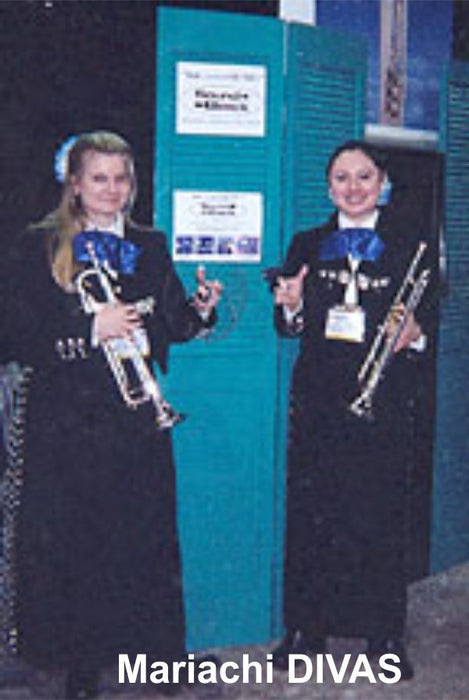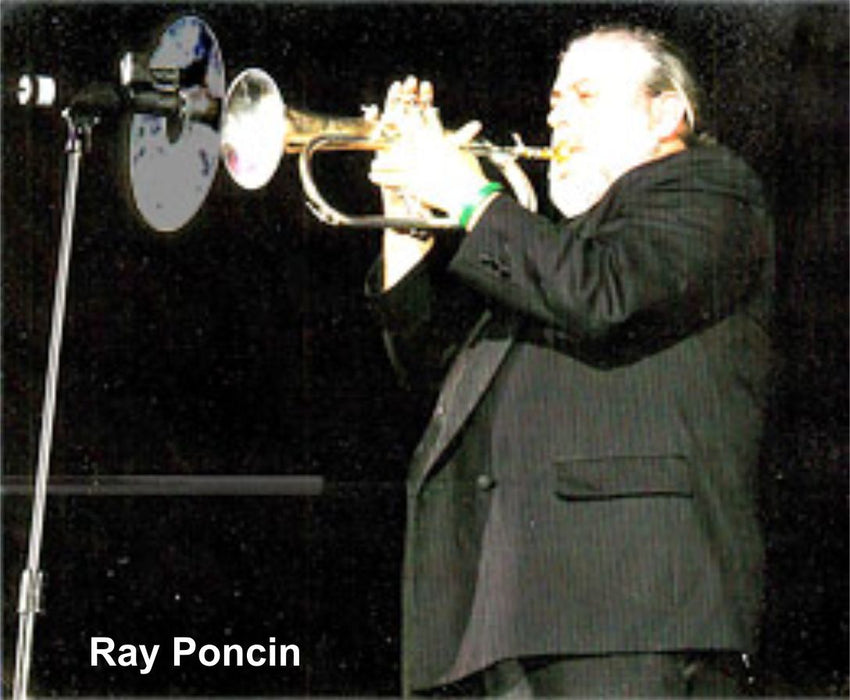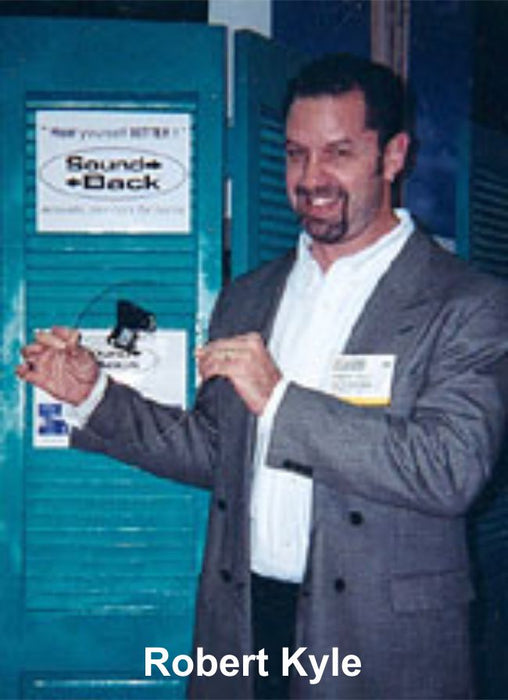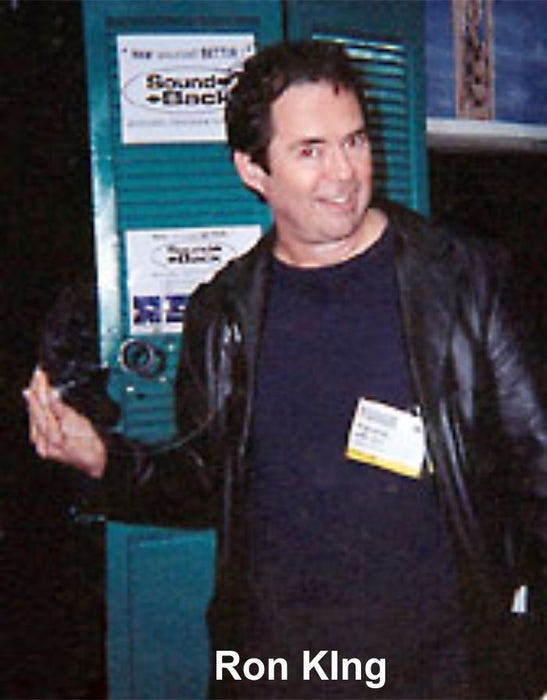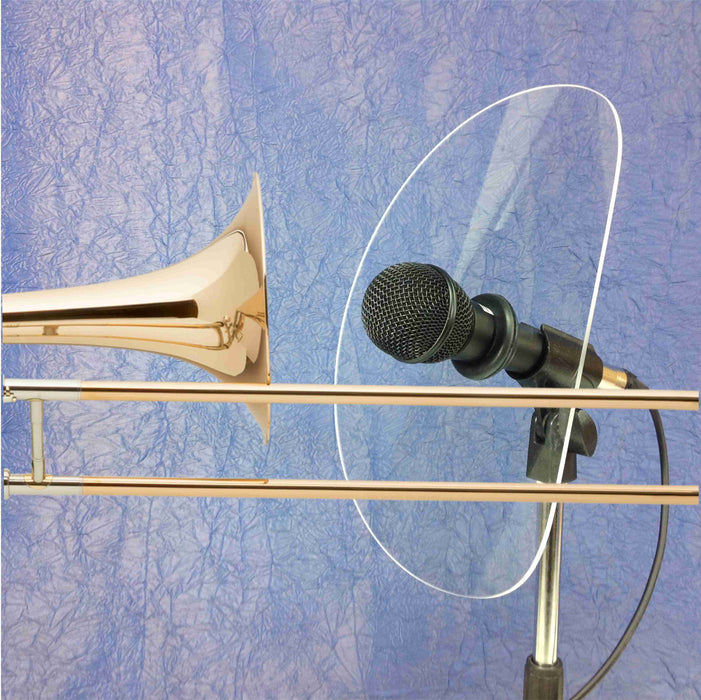
SOUND BACK Model 4 MULTI-D for Trombone, Flute and most Winds
With SOUNDBACK patented acoustic monitors, your own sound is reflected back to you so you can hear yourself better and with less effort. These panels also increase the volume and captures more of your instrument's core sound through the PA system while eliminating annoying feedback.
Made from high-grade hard cast acrylic plastic that is stronger and better resist scratches and chipping than similar extruded material. In addition, a special UV additive prevents yellowing and will extend plastic panels life. These panels are totally hand-made by expert craftsman in the USA. Each panel is precision cut and edges are sanded and polish to an ultra-smooth surface.
Easily attaches to most microphones and the clear plastic material is practically undetectable to the audience and cameras. Acoustic panels are made from high quality, scratch resistant acrylic and precision manufactured to provide years of reliable performance.
The MULTI-D is designed for use for Trombone, Flute & Most Wind Instruments Simple single panel with special D shape that allows trombone bell to be place near panel and slide to pass past the panel eliminated contact. Compact size and angle design.
DOWNBEAT MAGAZINE REVIEW
Sound Back for Trumpet and Sax : Hear Thy Self
Horn players know the pain all too well: They blow their brains out, but still can’t hear themselves. On the job, they battle for stage volume with over-amplified keyboards, booming bassists, deaf guitarists and drummers who think louder is better. And even if they’re lucky enough to play a room with monitors, horn players have to compete for space with the vocalist and are helpless to the whims of the sound man. In desperation, they often overcompensate and end up blaring out of tune.
Sound Back has come up with a way for horn players to regain control of how they hear themselves in situations where microphones are involved. A circular piece of lightweight clear plastic (about 10.5 inches in diameter), Sound Back mounts itself and deflects your sound back at you. You don’t have to stick anything into or onto your horn. And you won’t have to bother the sound man with the details, either. Just play right into the mic like you always do. Only now, you’ll actually be able to hear yourself.
You can adjust the angle on the saxophone model to direct the reflected sound. If the angle is wrong, it can seem like the device doesn’t work at all. When you get the angle right, though, it almost sounds like you’re wearing a pair of headphones.
The trumpet model is actually two panels that can be rotated into open, semi-open or closed positions. This allows for an adjustable mix of your deflected sound and your overall sound in the room.
Another nice feature of Sound Back monitors is that they provide horn mics with some much-needed isolation on stage and in the recording studio. And since they do a nice job of preventing feedback, who knows: Maybe that sound man finally will turn you up in the mix. --- Ed Enright

